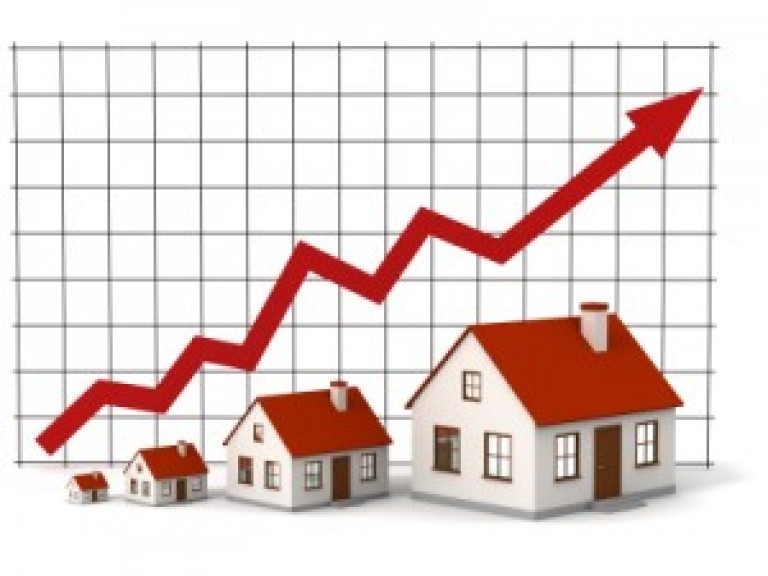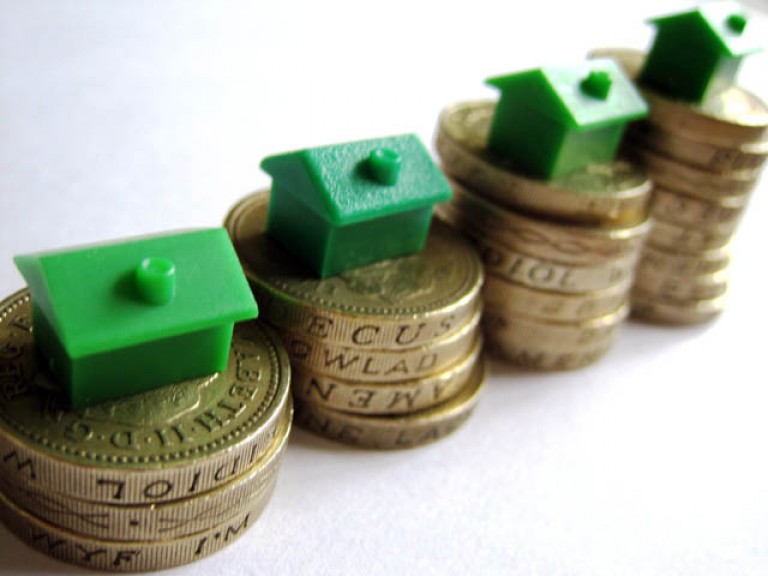
Why are houses so expensive?
The goal for most people is now to get on “the housing ladder”: buy a small house or flat, and gradually move to a nicer area and bigger home as your profits increase. This wasn’t always the case. Back in the early 1980s, around half the population of the country owned their own home, and half rented – 30% in social housing, from their local council, and 20% from private landlords.
Margaret Thatcher’s introduction of right to buy meant that those who bought their council home saw the value of their subsidised purchase rise rapidly, meaning housing was seen less as a permanent home, more as an investment. At the same time, councils stopped building homes partly due to economic constraints, and partly due to the ideological shift away from renting and towards home ownership.
But now we’re in a crisis. Homes cost an awful lot in many places in the UK, and wages haven’t kept pace with inflation, or risen as much as house prices, post-recession. The young, in particular, find their earning potential and borrowing allowances have been harder hit than most. Meanwhile, the vast majority of new private-sector jobs are in the capital, where house prices are exorbitant.
The average house price for the UK was £282,000 in July according to the Office for National Statistics, which, if you live in London, sounds like nothing – the average house price there nudged £525,000 this month. But the average UK earner, who takes home £24,648 gross, including bonuses, can only afford a house worth around £110,000, if you imagine them taking out a mortgage worth 4.5 times their salary. To find a job paying that much and a house that costs that little isn’t easy – saving for a deposit while paying market rents is even harder.
Part of the problem is scarcity. Britain simply isn’t building enough housing to meet the demand for homes. Part of that is due to a brick shortage that began before the recession, and a skills shortage: British workers predominantly don’t want to be builders, and the rhetoric against hiring in skilled workers from the EU and beyond also stymies attempts to build more.
But many people profit from rising house prices: landbanking is a huge problemthat exacerbates the housing crisis. In areas where homes are needed, it works in private companies’ interests to sit on land that could be developed, inflating its prices, and in turn inflating house prices.
Where housing expansion has happened is in private renting, the sector least likely to increase the home ownership rate in Britain. If you ask most people what is the biggest barrier to raising the capital necessary for a deposit, most will say that it’s high rents. It’s in landlords’ interests to keep people renting, rather than buying. An interest-only mortgage lets you cream off a considerable profit while buying more properties.
And once profits rise in houses, and people see property not as a home but as an investment opportunity, outside investors pour in. Concerns have been raised at the proportion of new-build properties in London being bought and treated as asset lockers in the capital – left empty, while appreciating in value at very little risk for the predominantly foreign buyers. Meanwhile, families flounder on the housing waiting lists, or are forced out to far-flung towns, away from their children’s schools or support networks.
Houses aren’t expensive simply because of supply and demand. As long as houses are expensive, people will work to keep them expensive – buy-to-let landlords with far more capital can buy up houses and rent them out at high costs, wealthy British and foreign investors can buy up land and new-build luxury property knowing that the likelihood of profit is a far better bet than with any other investment. Keeping families and individuals locked out of home ownership for a lifetime works as a financial racket, which is precisely what we’re dealing with.






